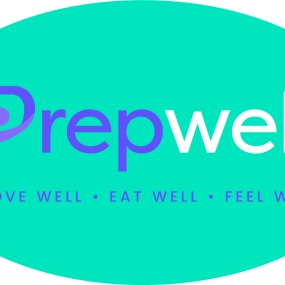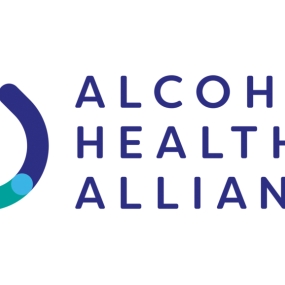Alcohol moderation
Reducing alcohol consumption
In this section you will find links to resources and tools to help your patients know what alcohol moderation is and why it's important to address in preparation for their perioperative journey.
Alcohol consumption in the perioperative period
Reducing alcohol intake will reduce perioperative risks. Patients with harmful levels of alcohol intake are more likely to be malnourished and at risk of perioperative complications such as infections (particularly respiratory infections), bleeding, cardiac arrythmias and postoperative delirium. As well as complications, there is also the risk of longer recovery times.
The National recommendation is that men and women are advised not to consume more than 14 units of alcohol per week, this should be spread out and at least over three days. Harmful alcohol intake is suggested if consumption is more than 35units/week for females and more than 50 units/week for males. For more information on units, please refer to the alcohol unit reference resource below.
Drinking alcohol is a habit and any habit can be hard to break. Here are some top tips for people who are not alcohol dependent who want to cut down or reduce their before and after surgery:
- Have alcohol free days – allow your body to recover.
- Know your triggers.
- Set a date.
- Change your activities and environment.
- Buy fizzy water with fruit, or low alcohol versions.
Supporting patients to reduce alcohol consumption
Below you will find tools and links to resources to help your patients reduce their alcohol intake and prepare them for surgery.


Alcohol Brief Interventions (ABI) are short discussions between clinicians and patients, which aim to reduce alcohol consumption to a within sensible guidelines. Resources around this can be found here:
Guidance to support providers of NHS services to carry out screening and implement brief interventions for alcohol and tobacco use.
Download here.
Download here.

Drinkaware's online quiz, Drinking Check, can be used to understand the impact that drinking may be having on your patients' health.
Complete the short quiz to generate a drinking risk score. The tool also offers advice and support.
For more information click here.

A service run by South Tees Hospitals and Public Health South Tees, supporting patients in their fitness, health and wellbeing before a planned operation or treatment.
Read PREPWELL's patient information on alcohol consumption and surgery.

The article looks at the importance of avoiding alcohol before surgery, alcohol consumption during surgery and how long before surgery a person needs to stop consuming alcohol. Read the article here.

Scarlett talks about alcohol in pregnancy, the importance of reducing alcohol in the perioperative period and offers tips on reducing alcohol intake.
Read Scarlett's blog here.

The Alcohol Health Alliance is an organisation of 64 health colleges and charities campaigning for evidence-based, population level policies to tackle the harms caused by alcohol, rather than individual drinking. There are many resources, reports and statistics available on their website.
Read Rasheda Begum's blog on why drinking less alcohol can aid better recovery from surgery.
Disclaimer
CPOC has not undertaken a full review of these resources, unless it specifically states CPOC endorsement has been granted. CPOC is simply providing links to these resources.

